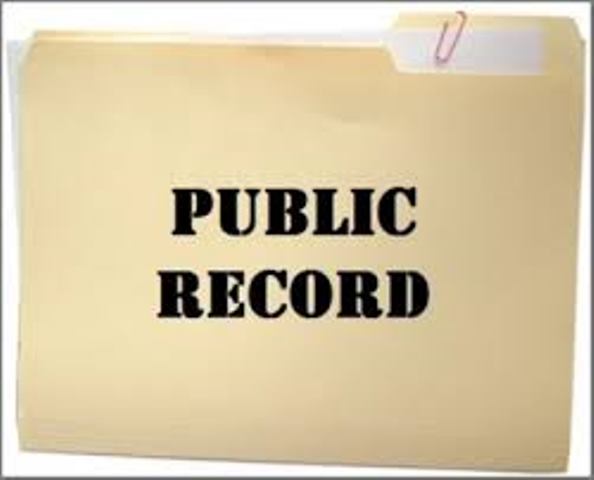
Public Records Requests: Recent Precedent Limits Government Objections
- By: Caitlin Smith
The Third District Court of Appeal recently issued an opinion that significantly limits the ability of governmental entities to challenge large scale public records requests. In Getz v. Superior Court, 72 Cal.App.5th 637 (2021), the Court noted the plain directive of Gov. Code § 54950 that “government business is the people’s business,” whether conducted in deliberative proceedings or records of any form. While the Court acknowledged that computers have led to an enormous increase in the volume of information collected and retained by the government, it concluded that the rules for providing the public access to such records have not changed. In reaching this determination, the Court rejected the County of El Dorado’s argument that a broad request for e-mails covering a span of six years was overbroad and unduly burdensome. Government entities should be aware of this holding, particularly when crafting responses to Public Records Requests.
The Court paid particular attention to the fact that the County had already identified 42,582 e-mails that were potentially responsive to the records request in rejecting the County’s argument that the request was overbroad and unduly burdensome. The Court found that the petitioner’s request for all e-mails between County personnel and any e-mail address using certain domains was specific and focused, albeit not based on content; the Court therefore concluded that recovering e-mails fitting the criteria was not unduly burdensome. The Court held that 42,582 e-mails did not amount to an unmanageable volume of records to produce. The significance of this holding to local governments with limited resources to review such large amounts of data cannot be understated.
The Court likewise rejected the County’s claim that the request was overbroad and unduly burdensome because the County would need to review the e-mails to determine which were responsive, noting that the request simply requested all e-mails between certain addresses and domains. The Court concluded that any e-mail fitting these criteria was responsive and no further inquiry was necessary to determine responsiveness. The Court found no evidence that the County’s e-mail exchanges with e-mail addresses in domains owned by a real estate developer, its legal counsel, and public relations consultants would contain anything but information regarding the County’s business with these entities. Without evidence that any of the requested e-mails were “primarily personal,” the Court rejected the assertion that the totality of the e-mails needed to be reviewed to assess responsiveness.
Nor did the Court accredit the County’s general assertion that statutory exemptions from disclosure applied, such as preliminary drafts or notes; the Court held that “more than vague suggestions and statutory references are needed to invoke a privilege” in holding that the County had failed to provide sufficient evidence to require review of the e-mails to determine if any exemptions applied. County governments should pay particular attention to this result and should provide specific examples of requested records that fall under statutory exceptions in arguing that review is necessary to filter out protected documents. Broad assertions that statutory exemptions might apply will not suffice. Rather, local governments should protect against this result by providing examples of documents to which protections or exemptions apply.
Finally, the County argued that the attorney-client privilege protected e-mails between the County and a law office with which County Counsel had worked on a joint defense. The Court concluded that even assuming that attorney-client privileged materials were shared between the County and the law firm in defense of a lawsuit, the subset of e-mails that might be exempt should be readily identifiable and that the County had failed to identify any such e-mails.
The key takeaway from Getz is that local governments “must make some showing that exempt or privileged information exists in the records requested” and “cannot simply declare that it must always review every responsive e-mail to determine if any, or part of any, contain exempt or privileged information.” Public agencies must be mindful of this holding in responding to public records requests and should be prepared to provide examples of arguably privileged or excepted documents in order to avoid the harsh result of Getz. Broad claims of privilege will not suffice, even where a records request involves huge amounts of documentation. The Court acknowledged the volume of e-mail correspondence will always be great, but concluded that existing statutes do not make such a burden a basis for refusing disclosure. The Court concluded that absent statutory changes, public agencies can reduce their burden by identifying and segregating potentially exempt records when they are created. Local governments should heed this advice by implementing policies for protecting potentially privileged documents or e-mails at the time of their creation, including training employees to identify potentially privileged communications or documents, to protect against sweeping public records requests on the front-end.
Please don’t hesitate to contact our office for guidance on effectively responding to public records requests or creating policies to identify and protect privileged information from disclosure in the event of a large-scale records request. We look forward to helping your agency navigate the increasingly complex interplay between public records access and the exponential growth of digital data.

